Friday the 13th: Superstition in the Wizarding World
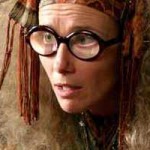
Oct 13, 2017
Books, Companion Books, Fun, Info, J.K. Rowling, JKRowling.com, Misc, News, Tales of Beedle the Bard
It’s Friday the 13th today, but rather than fret about the associated superstition of bad luck, we’re exploring the history of the superstition behind Friday the 13th, and examples of superstitions in Harry Potter.
A History of Superstition: Friday the 13th
Superstition surrounding Friday the 13th is thought to be rooted in ancient history, stemming from stories such as the Bible’s The Last Supper, in which 13 individuals (the 13th guest being Judas, the betrayer) were present on Good Friday – the night before Jesus’s death, as well as a Norse myth of 12 Gods having a dinner party – Loki (the 13th guest) arranged for Balder the Beautiful (god of joy) to be killed.
National Geographic also reported that University of Delaware’s policy scientist Thomas Fernsler said that 12 is considered a ‘complete’ number; 12 months in a year, 12 zodiac signs, etc. This has led to a culture of fear of the number 13 (or “triskaidekaphobia”).
Friday the 13th is just one in many hundreds of superstitions that are shared between the past and present, and in cultures across the world, but what about superstition in the Harry Potter series?
Superstition in the Wizarding World
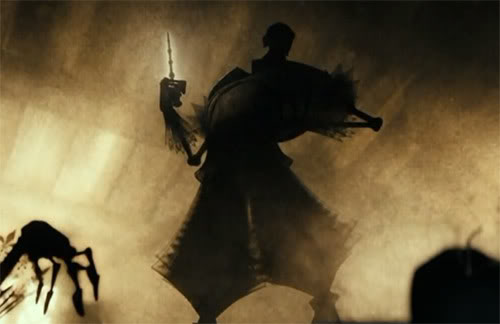
Many superstitions are based on Tales of Beedle the Bard (which is set to be published as an illustrated edition, ICYMI), according to Ron, who also says that Molly Weasley is an avid sharer of superstitious messages:
“Never trust anything that can think for itself, if you can’t see where it keeps its brain” (Arthur Weasley on Tom Riddle’s diary, Harry Potter and the Chamber of Secrets)
“May-born witches will marry Muggles.” “Jinx by twilight, undone by midnight.” “Wand of elder, never prosper.” You must’ve heard them. My mum’s full of them.” (Ron Weasley speaking of the “superstition” surrounding the Elder Wand, Harry Potter and the Deathly Hallows)
Parvarti’s fear of Thestrals in Harry Potter and the Order of the Phoenix during Care of Magical Creatures is written off as superstition by Hagrid who, of course, believes they’re beautiful beasties.
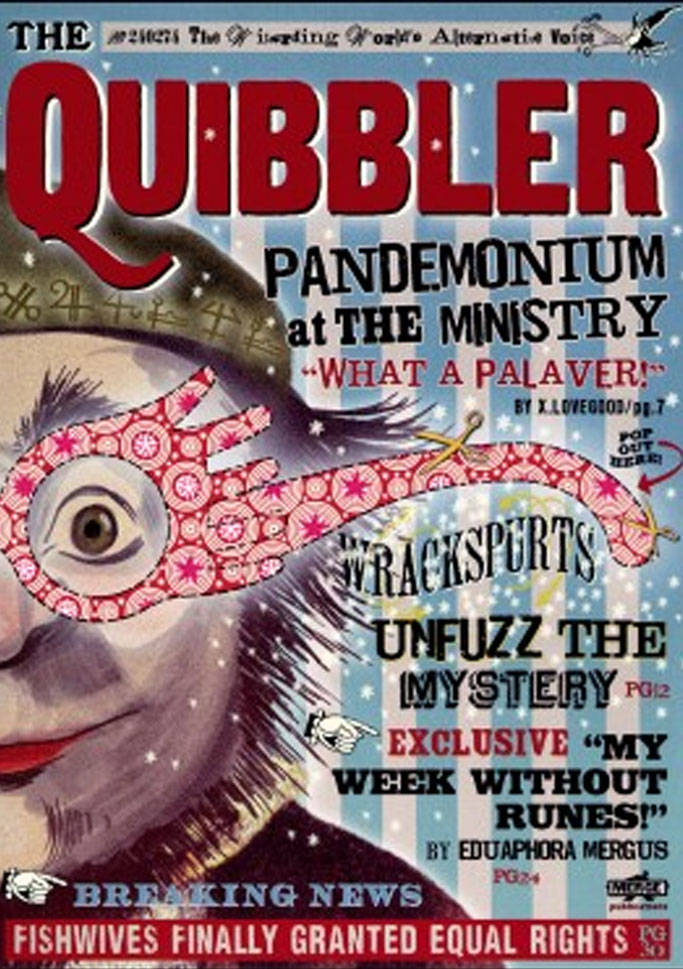
Speaking of thestrals, we’re formally introduced to Luna Lovegood via a thestral-drawn carriage outside Hogwarts, in which Luna reassures Harry that she sees the creatures too, proudly declaring, ‘You’re just as sane as I am”.
Luna’s belief in nargles and all manner of oddities, and her father’s magazine The Quibbler may be more faith than superstition, but it’s in the same ball park. Luna’s openness to pursuing ‘alternative truths’ and having faith in that which others do not led her to tell Harry that she believed his account of Voldemort’s return – she’s laughed at by Lavender and Parvati, and confidently retorts:
“You can laugh. But people used to believe there were no such things as the Blibbering Humdinger or the Crumble-horned Snorkack!” (Luna, Harry Potter and the Order of the Phoenix)
Of course, neither of these creatures actually exist (which Hermione rather rudely reminds her), but the point stands that superstition is not only pursued but preached by the Lovegood family, and in Deathly Hallows we’re shown the value of the publication, which is brushed of as ‘conspiracy’ by most, when it takes up the mantle of challenging the forces of darkness as Voldemort rises to power and the ministry fails.
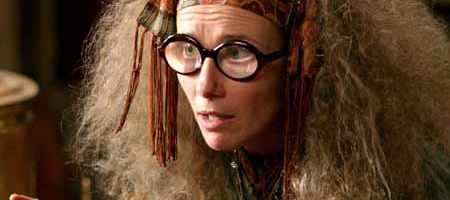
Professor Trelawney – of course – is one of the series’s biggest giveaways of J.K. Rowling’s motif of superstition and prophecy. Amongst a host of other predictions, telling Parvati to “Beware a red-haired man”, telling Lavender “That thing you are dreading, it will happen on Friday, the 16th of October” (she received news her baby rabbit had died), and making a fuss over The Grim in Prisoner of Azkaban – though she’s clearly a legitimate seer, it’s no wonder people struggle to take her predictions seriously.
She also shared superstitions about the number thirteen:
“If I join the table, we shall be thirteen! Nothing could be more unlucky! Never forget that when thirteen dine together, the first to rise will be the first to die!” (Sybil Trelawney, Harry Potter and the Prisoner of Azkaban)

Centaurs feature as another prominent player in the prophecy game of Harry Potter, and also address key superstitions in the wizarding world:
“Never try an’ get a straight answer out of a centaur. Ruddy stargazers. Not interested in anythin’ closer’n the moon.” (Hagrid, Harry Potter and the Philosopher’s Stone)
However, rather than believing in unfounded superstitions, centaurs look to the stars as diviners of major shifts in the world via astrology (Firenze, for instance, warned of Voldemort’s presence in Harry Potter and the Philosopher’s Stone). Centaurs are incredibly intelligent, and although the students may have dismissed Firenze’s Divination lessons as much as they dismissed Trelawney’s, their prophecies were equally as accurate (but also equally as vague, thus being perceived as mere superstition!).
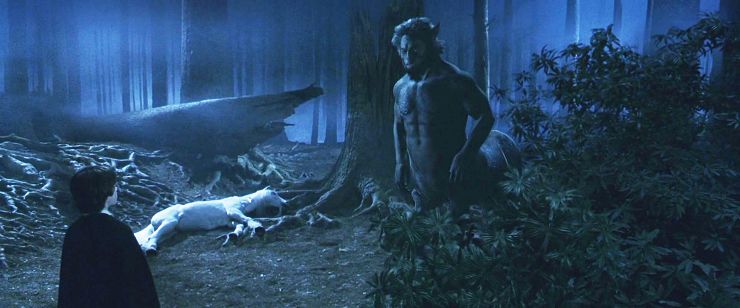
In the first W.O.M.B.A.T. revealed by J.K. Rowling on her website, question 21 addressed wizarding superstitions:
21. Which of the following commonly held wizarding beliefs is actually true?
a. If an inanimate object appears to think for itself, Dark Magic has been involved in its creation
b. The use of magic in front of a Muggle is prohibited unless the witch or wizard is under threat of personal injury
c. Releasing a Portkey before it has arrived will result in death or serious injury
d. Finite Incantatem should be used as a precaution when a Muggle rings the doorbell.
e. Bad luck can be prevented by turning three times on the spot and deliberately Splinching one’s thumbs.
And – of course – there are superstitions based on prejudice against muggles and muggle-borns, as revealed in the second W.O.M.B.A.T. (and explored more widely throughout the series):
16. The following beliefs are all widely held in the wizarding world, but only ONE is actually TRUE. (According to the latest research from the Institute of Muggle Studies) Which is it?
a. Muggle-born witches/wizards are more likely to produce Squib children than those who have one or more wizarding parents.
b. Muggle-born witches/wizards usually have a witch or wizard ancestor somewhere in their family tree, though s/he may be generations back.
c. Muggle-born witches/wizards are generally less prone to certain magical illnesses than those who have one or more wizarding parent.
d. Muggle-born witches/wizards are generally slower to show signs of magic in childhood than those who have one or more wizarding parent.
e. Muggle-born witches/wizards have great natural rhythm.
Which wizarding world superstition catches your imagination the most? Are there any you like that we’ve missed? What superstitions did you grow up hearing? Let us know in the comments, and Happy Friday 13th – don’t let the Nargles get you down!





